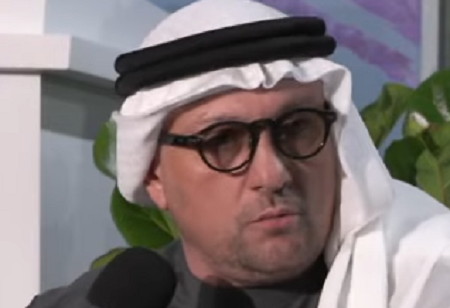
At COP29, held in Baku, Azerbaijan, Mohamed Jameel Al Ramahi, CEO of Masdar, highlighted the challenges that arise for private sectors to develop sustainable renewable energy Infrastructure in emerging markets and shared his experience on how one can penetrate these regions.
Your company has invested significantly in the USA. Could you elaborate on the importance of this market for your operations?
The US is a key market for Masdar and has been for almost a decade. We’ve operated under several administrations and have already deployed $5 billion in the US. Despite political shifts, our footprint in the US continues to grow. Interestingly, many red states in the US are very supportive of renewable energy, and this has allowed us to move forward without any significant challenges. Our expansion plans in the US remain on track, and we don’t see any factors that would affect this trajectory.
What do you see as the main barriers to private sector investment in clean energy projects in emerging markets?
The key challenges are related to regulation, policy, and leadership. Over the years, we’ve developed projects in 40 countries and are currently active in 23, with half of those being emerging or developing countries. For example, in Azerbaijan, when we began in 2019, there were no regulations or policies to support independent power producers. Most power generation was state-owned, and the existing Power Purchase Agreements (PPAs) were not bankable. It took four years of collaboration with the government, supported by institutions like the EBRD and IFC, to create a framework that enabled investment.
Leadership plays a critical role. In Uzbekistan, for instance, we’ve developed projects totaling 2 gigawatts of renewables, transitioning from a fossil-fuel-based grid. This progress was only possible because of open and supportive leadership willing to embrace change.
What are the major bottlenecks for the private sector when it comes to developing clean energy projects in Africa?
Infrastructure is a major issue in sub-Saharan Africa, where many countries lack a grid or access to power. While smaller projects like solar home systems seemed promising, many have struggled due to local currency issues and growth constraints. The real solution lies in building the right infrastructure to deploy renewables at scale and fuel economic growth. This is not easy, but we are committed. We continue to invest and work closely with partners like IFC, EBRD, and the African Development Bank.
While the funds are available, the challenge is creating bankable projects. For instance, in some African countries, we’ve spent years trying to identify suitable land for projects, funding environmental and feasibility studies ourselves. Yet, progress is often hindered by bureaucratic delays. Ultimately, leadership and governance are key. Without strong local leadership and a willingness to address these challenges, it becomes extremely difficult to move forward.
We use cookies to ensure you get the best experience on our website. Read more...